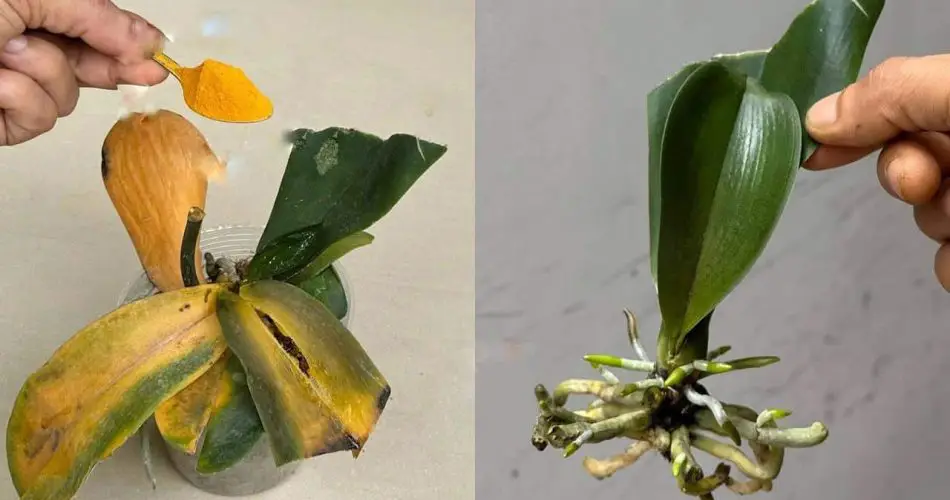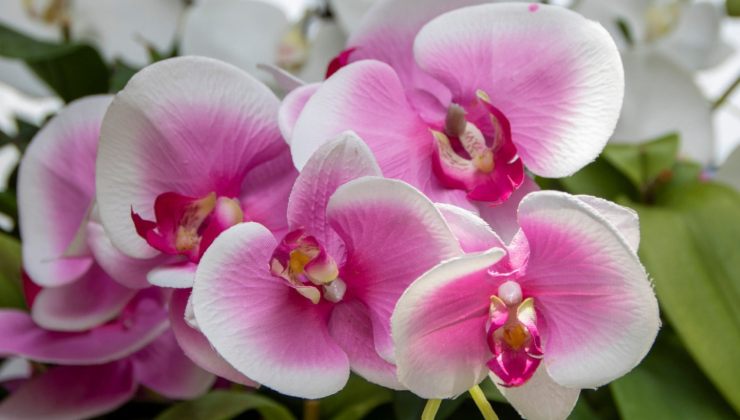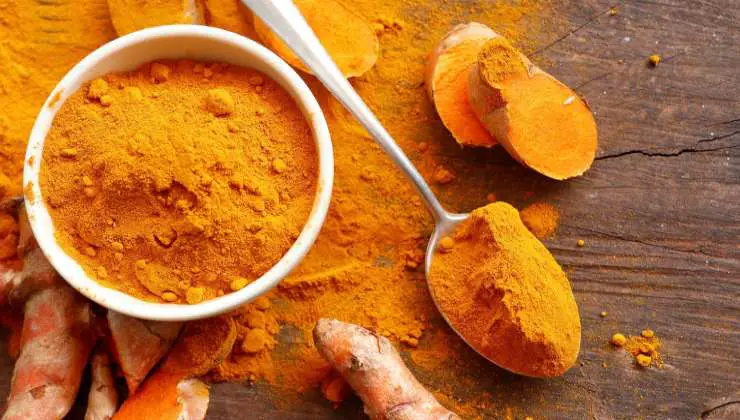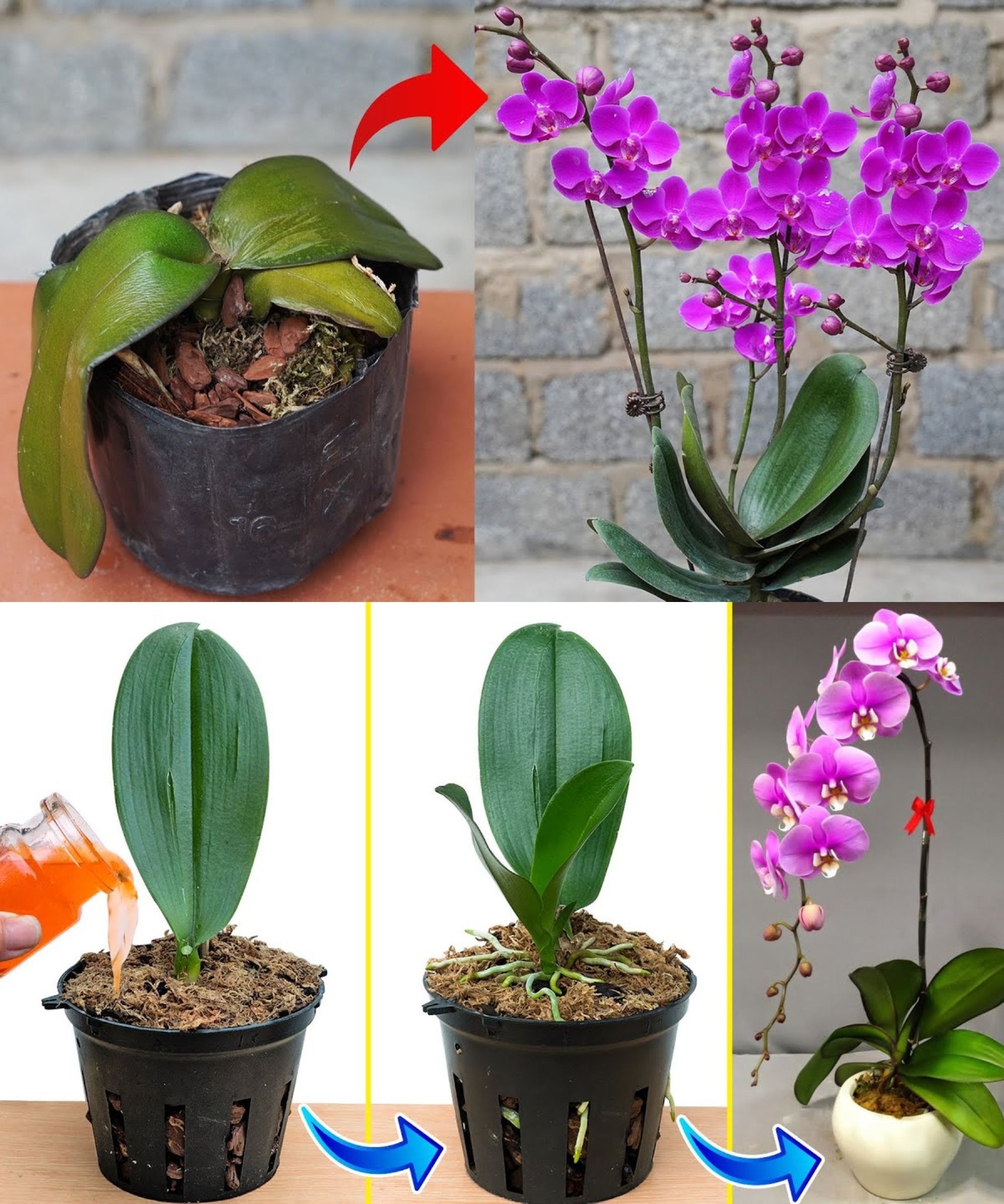
Beautiful houseplants known for their fragility and susceptibility to bacteria, orchids require a strategic approach to safeguard them from diseases. Let’s explore a natural element that effectively fends off potential threats to your orchids. Delving into the realm of these exquisite houseplants, orchids undeniably dominate the flora found in people’s homes. Nature boasts an astonishing array of over 30 thousand distinct orchid species, each distinguished by varying flower sizes, colors, and shades.
The diversity is vivid, spanning a spectrum of colors from purple and pink to yellow, white, blue, and orange—an explosion of hues. Although orchids thrive as houseplants, finding refuge and optimal growth within the confines of homes, their delicate nature makes them susceptible to diverse conditions. Consequently, it becomes your responsibility to execute precise care routines, preventing the onslaught of parasites, bacteria, and other potential diseases.
Effectively safeguarding orchids from bacteria doesn’t demand intricate measures; rather, it necessitates a few simple precautions. It’s crucial to remain vigilant for any unusual signals these plants may exhibit. Ensuring the orchid avoids direct sunlight proves paramount. The plant thrives indoors, basking in light that reaches its leaves while steering clear of direct sunrays.
Placing the orchid on a windowsill is acceptable, provided the sun’s rays never make direct contact. Shielding the plant with a tent is an option, as long as it remains shielded from direct sunlight. Nevertheless, exposure to light remains a constant requirement.
Within the confines of this article lies an extraordinary tip to minimize the risk of orchid diseases. Let’s delve into the specific ingredient that proves invaluable in this regard.
Perfect protection for orchids from bacteria: here’s what you need to know
Optimal placement for your orchid involves selecting the south-east or south-west sections of the apartment, constituting a strategic choice. Beyond this, it becomes imperative to factor in the ambient heating within your home. Steer clear of situating your orchid in close proximity to heat sources like radiators or fireplaces. Maintaining a moderate temperature is crucial for the plant’s well-being, ensuring it resides in an environment neither excessively cold nor overly warm.

Maintaining a consistent temperature of around 20° ensures optimal growth for your orchid, fostering a state of health and lushness. During the summer, a well-ventilated location is crucial for the orchid, with careful consideration to prevent direct exposure to sunlight.
Excessive humidity within the home environment poses a threat to your orchid, making it susceptible to harmful parasites and bacteria. In such instances, the plant can fall ill, and in severe cases, it may succumb.
While chemical products available in the market can eliminate these parasites, they aren’t the preferred solution recommended by experts. Numerous alternative methods exist to ensure the sustained health of your orchid. Notably, a natural element proves exceptionally beneficial in this regard. Here’s comprehensive information about it.
The solution against parasites
To effectively eliminate any parasite threats to your orchid, the recommended natural remedy involves the use of turmeric. Yes, you read it correctly! This element, renowned for its high antioxidant and anti-inflammatory properties beneficial to the human body, proves equally valuable in preventing issues for your plants.

Hence, its utility extends beyond the kitchen, serving seemingly secondary purposes. Initially, trim the dry branches most affected by bacterial and parasitic attacks. Subsequently, extract the dried roots from the pot and cleanse them thoroughly with water.
Proceed by taking turmeric powder and dissolving a spoonful in warm water within a container. Filter the mixture and transfer it to a spray vaporizer. Apply this solution to both the leaves and roots of your orchid, followed by transplanting the orchid into a pot containing a blend of soil, pebbles, and coconut fiber.
The anti-inflammatory and anti-parasitic properties of turmeric will yield highly positive effects on your orchid. Following this valuable intervention, the orchid will rejuvenate, regaining its health and robustness.
